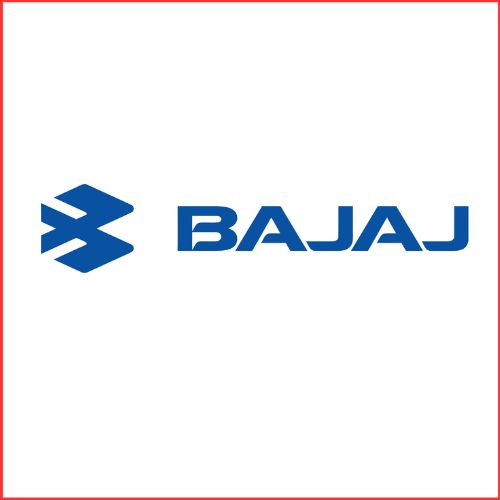Krishna Raghavan, Flipkart’s chief people officer, has quit after more than a decade with the e-commerce business.
Flipkart is an e-commerce website created in 2007 by Sachin and Binny Bansal. Flipkart began by selling books before growing into other product categories like consumer electronics, fashion, home basics & food, and lifestyle items.
Flipkart is India’s equivalent of Amazon. Flipkart is one of the most popular e-commerce websites, and the firm, like Amazon, has quickly become one of India’s original unicorns. Walmart currently owns the firm, which is one of India’s biggest success stories.
Flipkart’s marketing approach focuses on every single touchpoint where its consumers are present. It spends the bulk of its spending on digital platforms that include both paid and organic promotion. Furthermore, since India has just undergone digital change, Flipkart’s efforts are bearing fruit.
Flipkart is regarded as one of the top online buying platforms. Whether it’s electronics or clothing, Flipkart has always provided high-quality service.
Flipkart is aimed at everyone who uses the internet but does not have time to shop. Although its target audience is dispersed across several market groups, buyers of all demographic backgrounds may discover items that appeal to their interests.
A top official at the organization confirmed Raghavan’s decision to leave after a “long tenure” with the company. Another corporate official told Mint that the corporation will soon decide on who would take over as HR director.
Raghavan has been Flipkart’s chief people officer since 2020, and before that, he was the senior vice president of engineering, fulfillment, and services. Between 2012 and 2016, the Dension University alumni worked for the e-commerce startup before joining Cleartrip as its chief technology officer. After a 10-month absence, Raghavan returned to Flipkart in 2017. His departure coincides with the annual seasonal sales of internet behemoths Flipkart and Amazon.
Flipkart launched a $700 million employee stock option (ESOP) repurchase program in November. The e-commerce business, which employs over 15,000 people, said that the decision not to provide senior management pay raises will not result in departures since there was a boost and promotion cycle last year, followed by a stock option buyback plan.
It has also chosen to grant raises to roughly 4,000 top managers to achieve pay equity, and the firm does not anticipate this to affect attrition rates since there have been adequate awards, merit-based raises, and wealth creation chances for its workers, according to the company.














